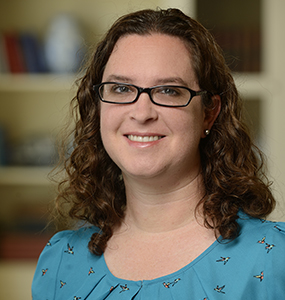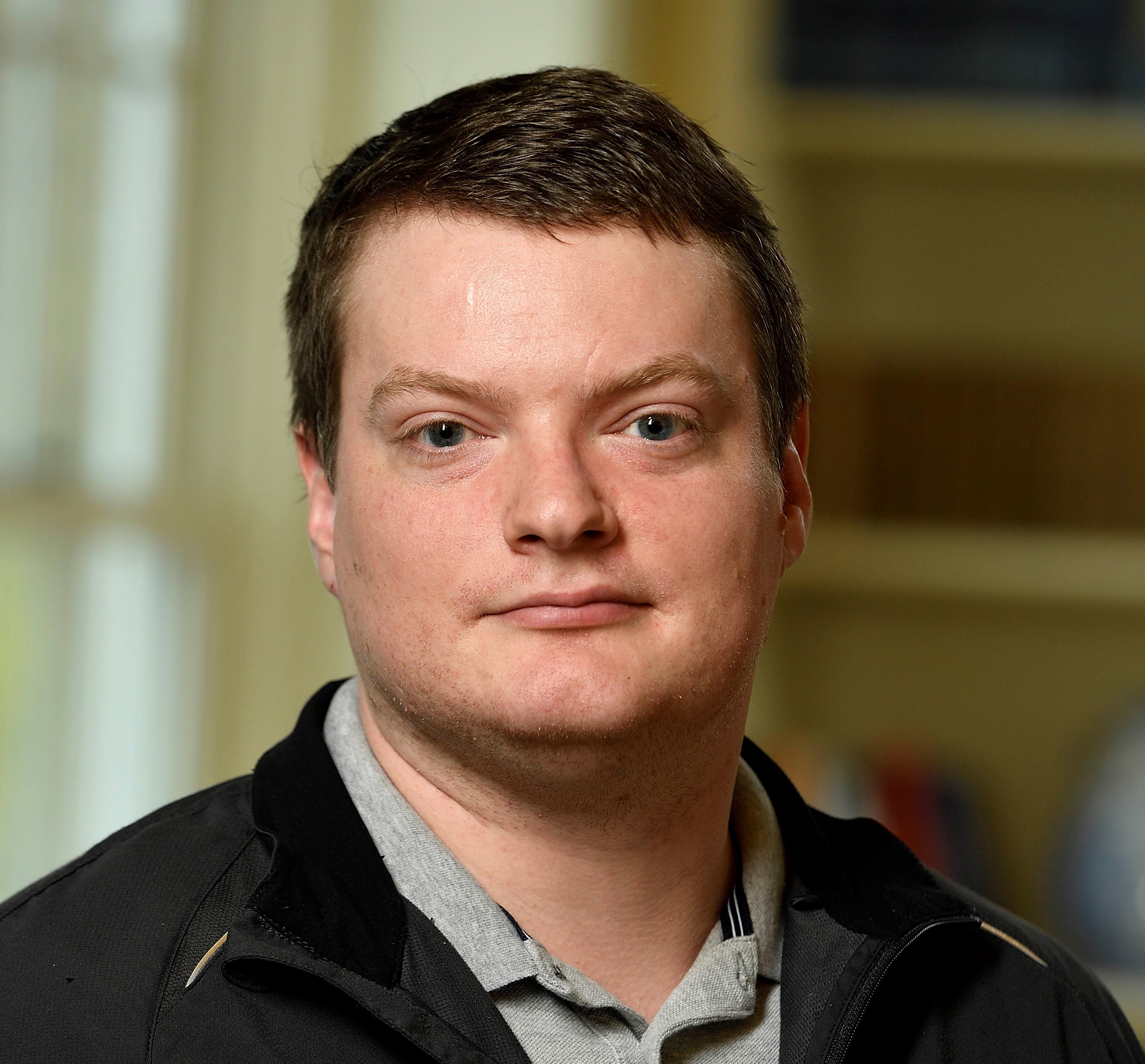Expand your search.
In addition to federal funding resources such as Grants.gov and the National Science Foundation, Johns Hopkins employees, staff, and students have access to the following online databases of federal, foundation, and corporate funding opportunities.
Federal and Private Funding
PIVOT is a comprehensive database for funding searches that can be geared to a researcher’s particular interests. Available to anybody using a JHU IP address.
scientifyRESEARCH is an open, curated research funding database, including grants, scholarships, fellowships, events and more information for researchers.
Foundation Directory Online Professional is a tool developed by the Foundation Center that provides subscribers with access to an unprecedented wealth of timely, comprehensive information on grantmakers and their grants. Included is a searchable database of the more than 140,000 foundations, corporate giving programs, and grantmaking public charities in the U.S.; over 4,000 sponsoring companies, offering a quick pathway to corporate funders; more than 11 million grants; and over 1 million recently filed IRS Forms 990 and 990-PF.
The Johns Hopkins community – including staff, faculty, and students – has access to the Foundation Directory Online Professional (FDO) via the University’s Enterprise account, which is based on IP authentication for unlimited access, no log-in or password is required.
If you have questions related to foundation funding opportunities please email the Office of Foundation Relations, at [email protected]. For federal funding opportunities please email the Research Development Team at [email protected].




